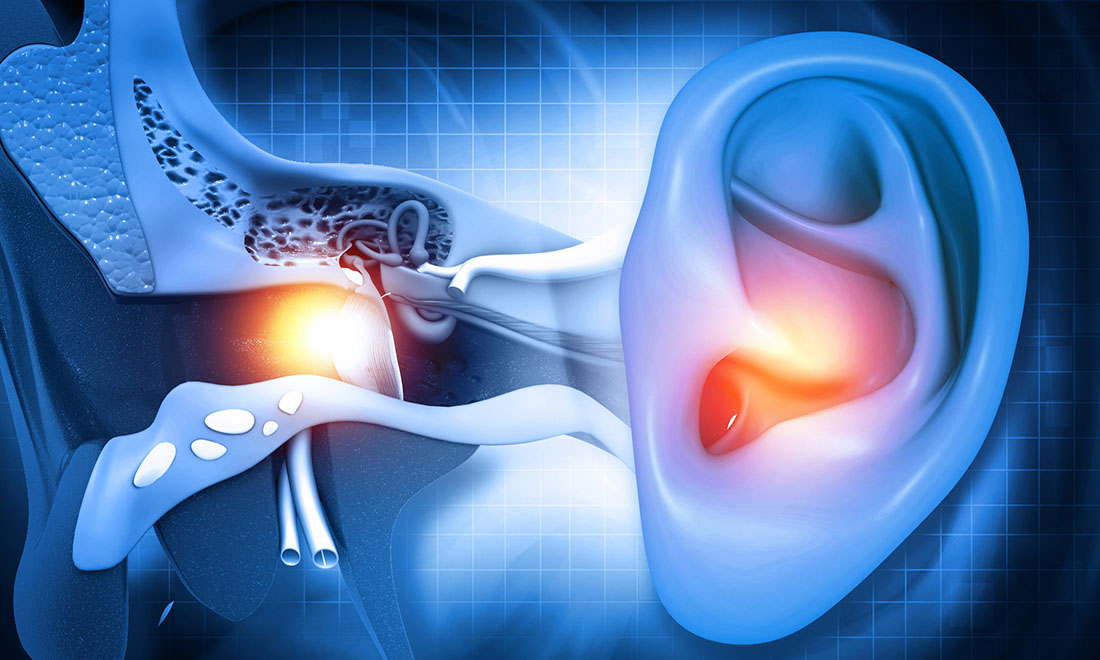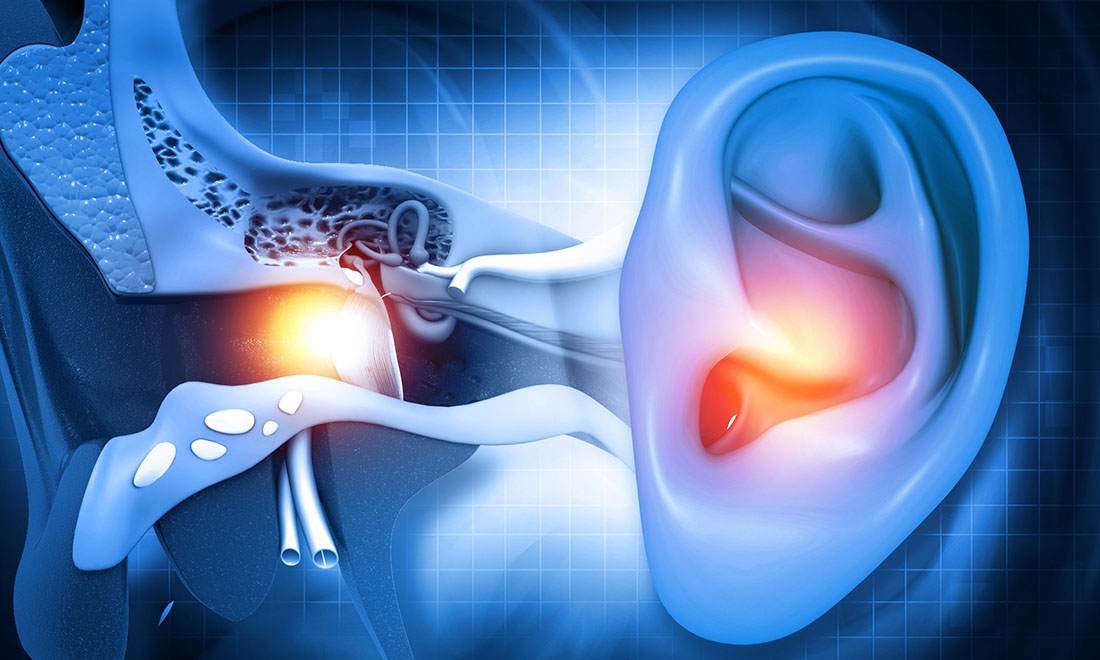By: Staff Writer | August 07, 2025 | 5 min. read |

Summary
Dr. Xue Zhong Liu was part of an international team of researchers who compared hearing measures amongst children who underwent OTOF gene therapy and children who received cochlear implants.
The study revealed gene therapy patients performed better than patients who received cochlear implants in most auditory speech perceptions, especially in noise and music.
Dr. Liu says the study is one of many ongoing projects exploring gene therapy for congenital hearing loss.
Xue Zhong Liu, M.D., Ph.D., the Leonard M. Miller Professor and vice chair of research in the Department of Otolaryngology-Head and Neck Surgery at the University of Miami Miller School of Medicine, co-authored a study that found children with a rare form of congenital deafness treated with gene therapy showed better progress on certain hearing measures than counterparts who underwent the current, gold-standard treatment of cochlear implantation.
“Hearing loss affects more than 28 million Americans. About one in 500 newborns suffers from genetic hearing loss,” said Dr. Liu. “Even with current therapeutic advances, such as hearing aids and cochlear implants, deafness has a significant effect on the quality of social, family and professional life of the deaf and hard of hearing.”
The study, recently published in JAMA Neurology, evaluated encompassing auditory and speech perception, music perception, sound source localization, cortex development and quality of life in 11 gene therapy recipients with a mean age of 3.7 years at baseline and 61 cochlear implantation recipients with a mean age of 1.9 years at baseline. Gene therapy patients performed equal to or better than patients who received cochlear implants in most auditory speech perceptions, especially in noise and music.
 Dr. Xue Zhong Liu
Dr. Xue Zhong Liu
Auditory and speech perception were evaluated by questionnaires, including the Infant-Toddler Meaningful Auditory Integration Scale/Meaningful Auditory Integration Scale, and audiometry, speech, and music tests. Auditory information processing ability was assessed by mismatch negativity.
As of 2022, more than 1,000,000 people, including 118,000 adults and 65,000 children in the United States, have received cochlear implants to help with congenital hearing loss. Gene therapy is an emerging field for congenital hearing loss. Though gene therapy is only available to the 2% to 8% of people with inherited deafness who have OTOF gene variants, Dr. Liu is encouraged by the number of genetic therapies currently in development, and says the study’s results have only bolstered his optimism.
“This is the first time that the treatment effect between gene therapy and cochlear implantation has been compared,” said Dr. Liu, the Marian and Walter Hotchkiss Endowed Chair in Otolaryngology at the Miller School. “It provides strong evidence that OTOF gene therapy may become a standard tool for managing this specific group of deaf patients in the future.”
“Gene therapy recipients showed stable hearing recovery and faster improvements in auditory and speech performance than cochlear implantation recipients,” said Yilai Shu, M.D., Ph.D., of the Shanghai Eye and ENT Hospital. Dr. Shu, a former international clinical mini-fellow of Dr. Liu’s, was the study’s lead author. “Our findings provide a promising pathway for developing treatments by editing for many forms of genetic hearing loss.”
Gene therapy has been shown to be safe and effective for children with autosomal recessive deafness 9 (DFNB9) caused by variants in the inner-ear protein gene OTOF, which helps hair cells transmit sound to the brain. The one-time therapy delivers a functional copy of that gene to the inner ear, restoring up to 70% of hearing in recipients for whom it is successful.
“This exciting study shows that children who undergo gene therapy for the specific OTOF gene mutation appear to develop speech and language equally and, in some cases, more rapidly than if they received cochlear implants alone,” said said Fred Telischi M.D., M.E.E., FACS, the James R. Chandler Chairman of the Department of Otolaryngology-Head and Neck Surgery and professor of otolaryngology, neurological surgery and biomedical engineering at the Miller School. “While longer-term data will be required to ensure the stability of the hearing improvement after gene therapy, these preliminary results suggest that the future for treating other forms of congenital deafness remains quite promising.”
Tags: cochlear implants, Dr. Xue Zhong Liu, genetics, genome editing, hearing loss, otolaryngology, stem cell therapies

